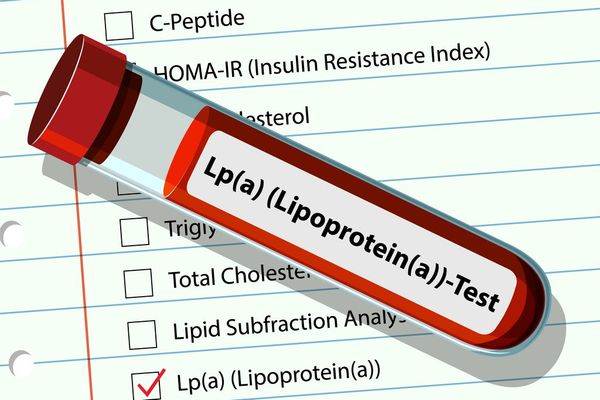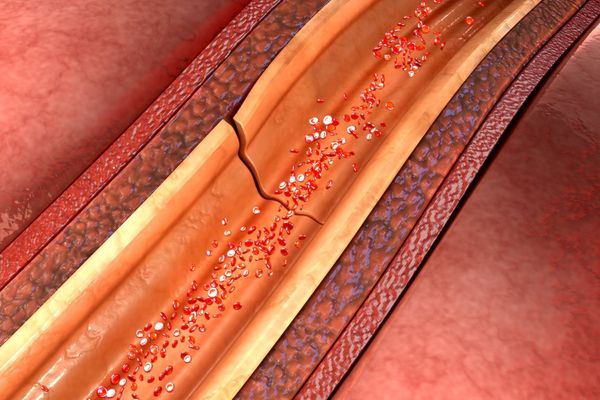Did you just find out you have high cholesterol? If you were caught off guard and don't know what to do next, you're not alone. High cholesterol has no symptoms, and many people are unaware they have it. A blood test is the only way to detect its presence.
Cholesterol is a waxy, fat-like substance found in your body and many foods. Your body needs it to work normally. But, too much can build in your arteries. These deposits can eventually narrow your arteries, which puts you at risk for heart disease.
Nearly one-third of US adults has high low-density lipoprotein (LDL) or "bad" cholesterol and only a third of them has the condition under control, according to the Centers for Disease Control and Prevention. And nearly 31 million Americans have high total cholesterol, with a cholesterol level greater than 240 mg/dL. High total cholesterol puts you at twice the risk for heart disease as people with ideal levels.
Although some major heart organizations no longer base heart risk strictly on high cholesterol numbers, they still consider it when determining overall cardiovascular disease risk, along with other factors like your age and personal health history.
If your health care provider has told you your cholesterol is high and could put you at increased risk for heart disease, it's time to make some lifestyle changes to help lower your cholesterol.
Don't be afraid; it's not an all-or-nothing approach. Making small adjustments can help get your cholesterol in check.
Note: Lifestyle changes aren't always enough to lower your cholesterol. You may need to speak with your health care provider about taking cholesterol medications (if you don't already) to help manage your levels.
Stop smoking.
You've heard it once and you'll hear it again. Stop smoking (and lower your exposure to secondhand smoke) and you'll lower your cholesterol levels within minutes. Here are a few facts to think about: Your blood pressure and heart rate decrease within 20 minutes of quitting. Your risk of heart disease is half that of a smoker within one year. And your risk of heart disease is similar to someone who never smoked within 15 years.
Watch how much you drink.
If you drink alcohol, do so in moderation. Healthy women (of any age) can have up to one drink a day and same for men older than age 65. Men age 65 or younger can have up to two drinks a day. Otherwise, you put yourself at risk for other health problems like heart failure, high blood pressure and stroke.
Eat healthfully.
Consuming heart-healthy foods can help better your heart's health. To do so, reduce your saturated fats by choosing low-fat dairy products and leaner, skinless cuts of meat. Add more soluble fiber to your diet to help lower your LDL cholesterol levels. Soluble fiber is in fruits, beans, vegetables, oats and oat bran. You also want to eliminate trans fats, which may be found in fried foods and some processed foods like cookies and crackers. Read more about what heart-healthy foods you should be eating.
Break a sweat.
Get more activity into your life. Join a gym or train for a marathon. Too ambitious? Take the stairs instead of the elevator. Park a bit farther from the mall entrance. Bike to work. Walk during lunchtime. Adding even 10-minute intervals of physical activity a day can help. Stay motivated and accountable with an exercise buddy or group.
Lose weight.
Taking off even five to 10 pounds can lower your cholesterol levels and improve your overall health. That of course can be accomplished by eating better and exercising more, both outlined above.
Relax.
Compelling evidence exists that your stress levels can indirectly cause an increase in your bad cholesterol. Do whatever works for you to keep your tension in check. Meet up with a friend for coffee, take a yoga class or meditate. And read about what to eat to destress.






